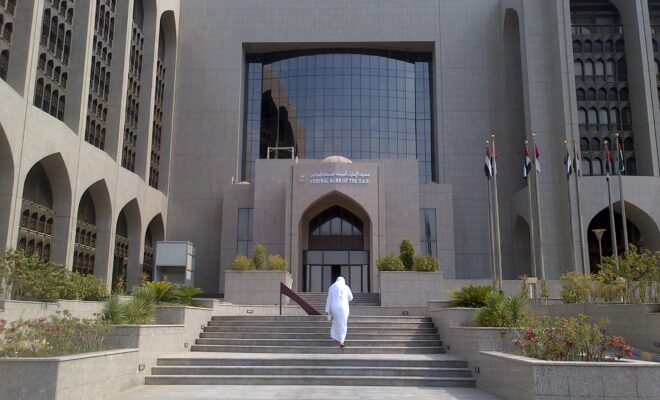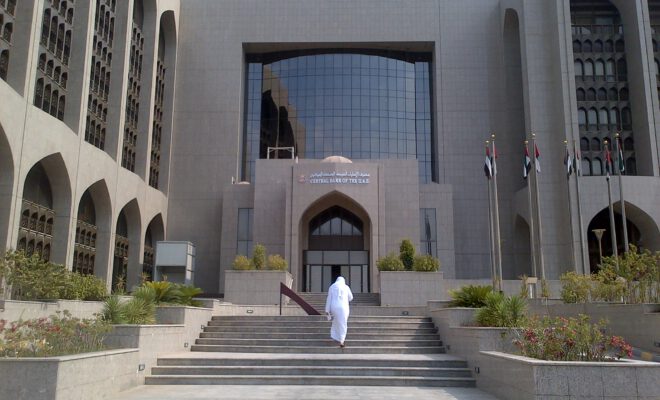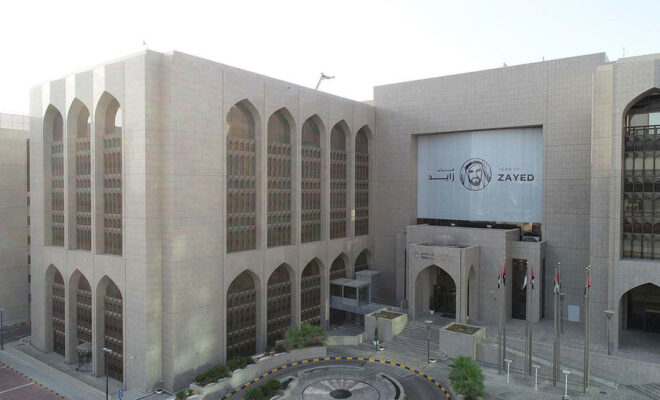UAE Central Bank issues New Anti-money Laundering Guidance

New rules are for financial institutions providing services to cash-intensive businesses.
Abu Dhabi: The Central Bank of the UAE (CBUAE) has issued a new guidance on anti-money laundering and combatting the financing of terrorism (AML/CFT) for its licensed financial institutions (LFIs) which provide services to cash-intensive businesses (CIBs).
The guidance, which came into effect on 28 September and requires LFIs to demonstrate compliance with its requirements within one month from said date, will assist the understanding and effective implementation by LFIs of their statutory AML/CFT obligations.
“The new guidance affirm our commitment to implement high regulatory control over LFIs and their transactions with cash-intensive business activities, and to complement with the UAE’s path to actively participate in international efforts to AML/CFT, said Khaled Mohamed Balama, Governor of the CBUAE.
CIBs are businesses that experience a high volume of cash flows spanning across various industry sectors such as retail, wholesale and trading, travel and transport.
Some aspects of these businesses, such as the involvement of cash couriers, cash deposits, currency exchanges and cross-border movement of cash, may be vulnerable to money laundering or the financing of terrorism and illegal organisations.
Risk based approach
As stipulated in the guidance, LFIs providing services to CIBs must take a risk-based approach in their AML programmes by assessing all CIB customers to determine their degree of risk. LFIs must perform appropriate customer due diligence that comprises customer and beneficial owners identification, understanding of the customer business, and ongoing monitoring of the business relationship.
LFIs should also obtain appropriate information regarding the source of cash deposited in a customer’s account as well as mandate the use of Emirates ID for cash deposits in automated teller machines (ATMs).
In addition, LFIs should maintain transaction monitoring systems equipped to identify patterns of activity that appear unusual and potentially suspicious, and must report any behaviour that they reasonably suspect may be linked to money laundering, financing of terrorism or a criminal offence by submitting suspicious activity/transaction reports directly to the UAE’s Financial Intelligence Unit using the “goAML” portal.
“We will continue our efforts to issue similar regulatory guidelines, to ensure enhancing the efficiency and robustness of our banking and financial system, in line with the Financial Action Task Force (FATF) standards,” said Balama.












